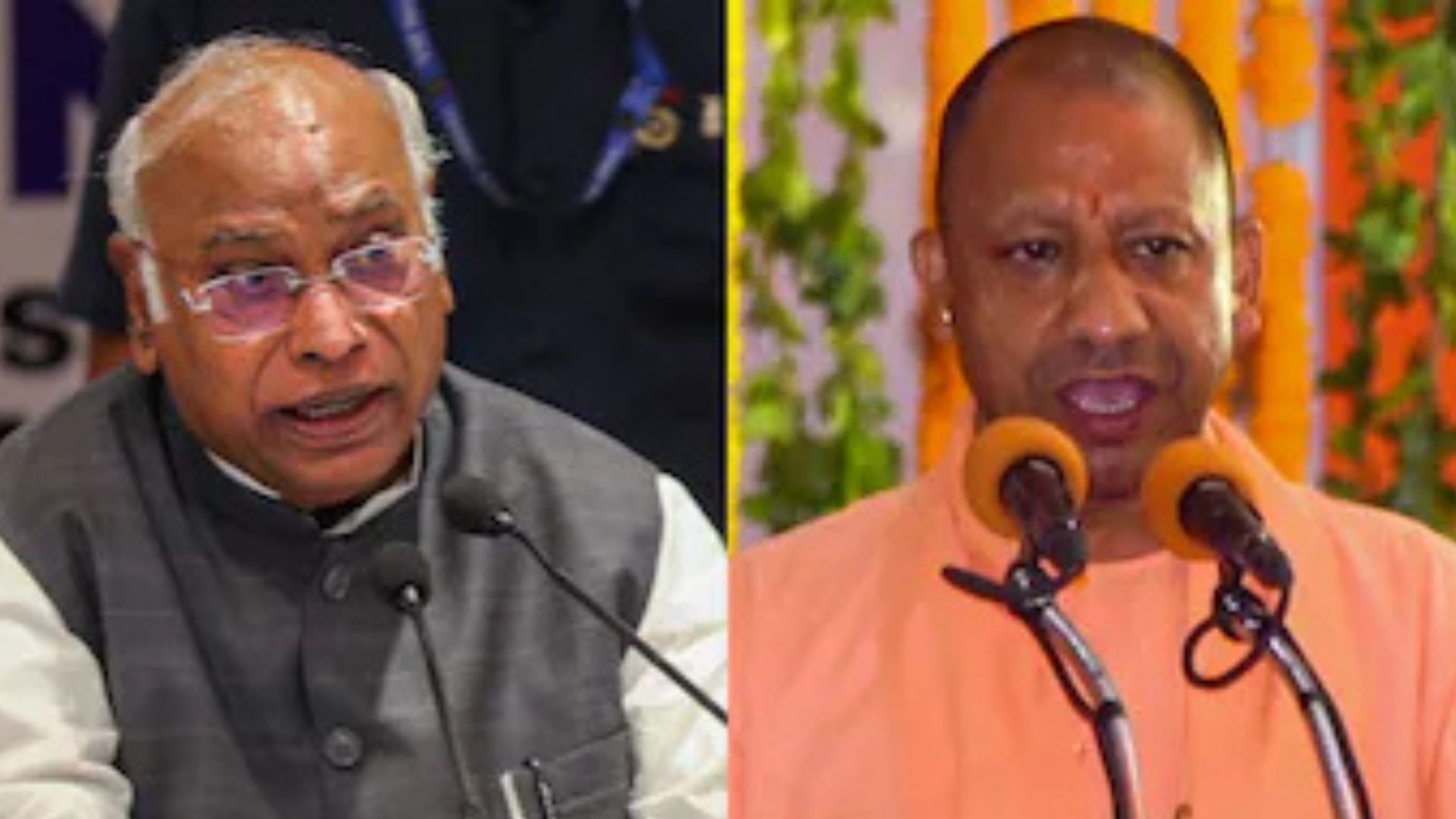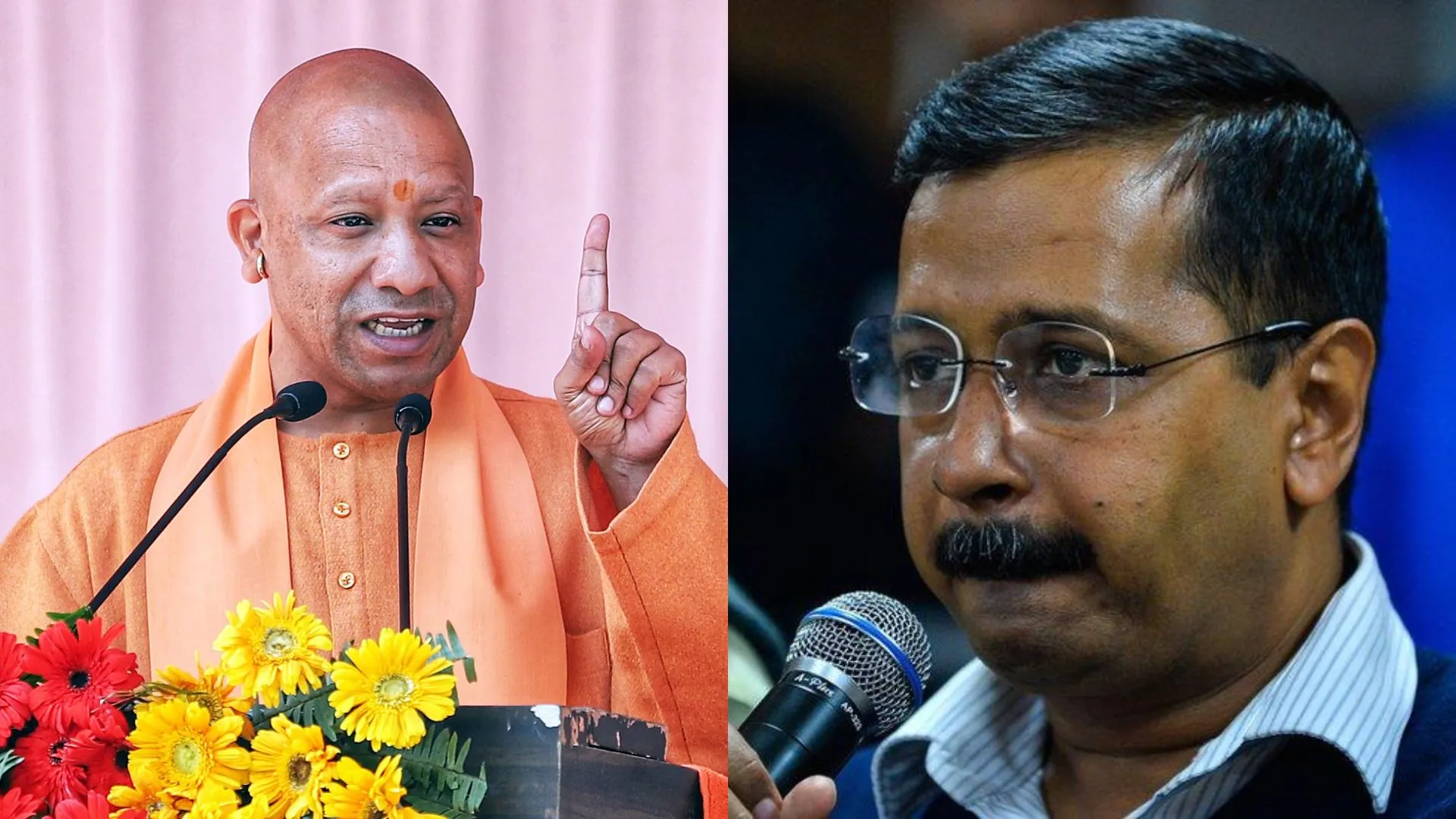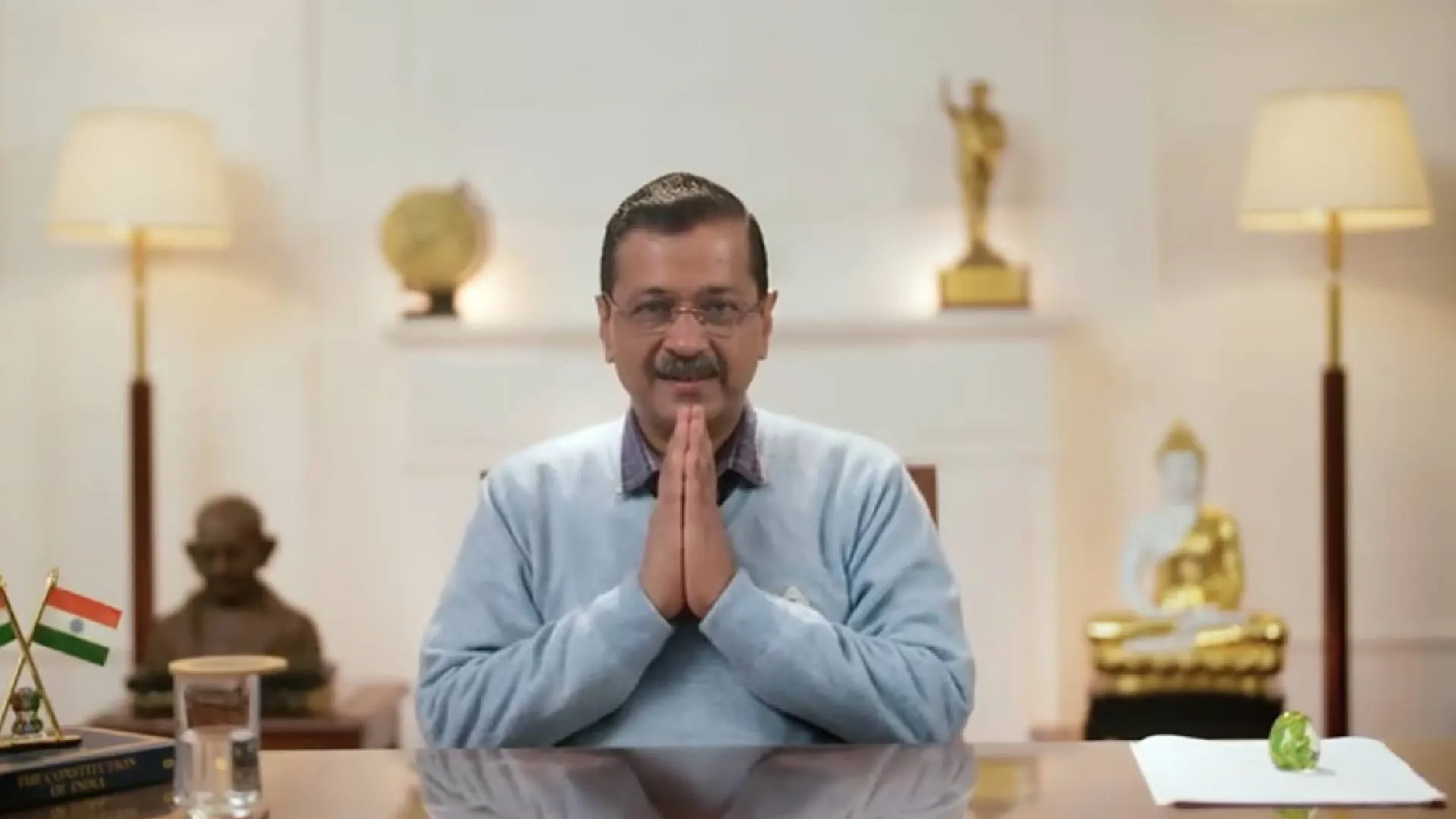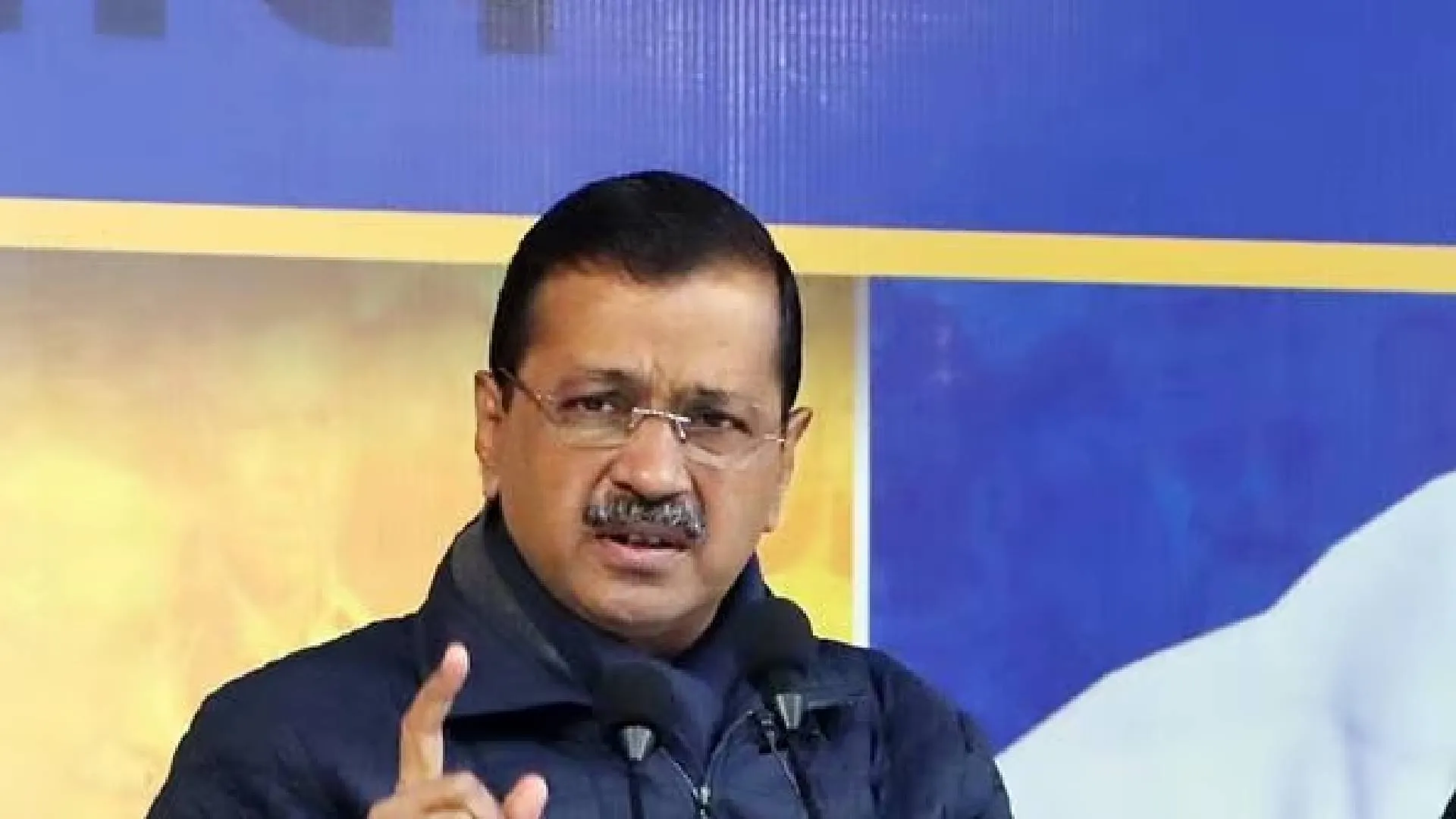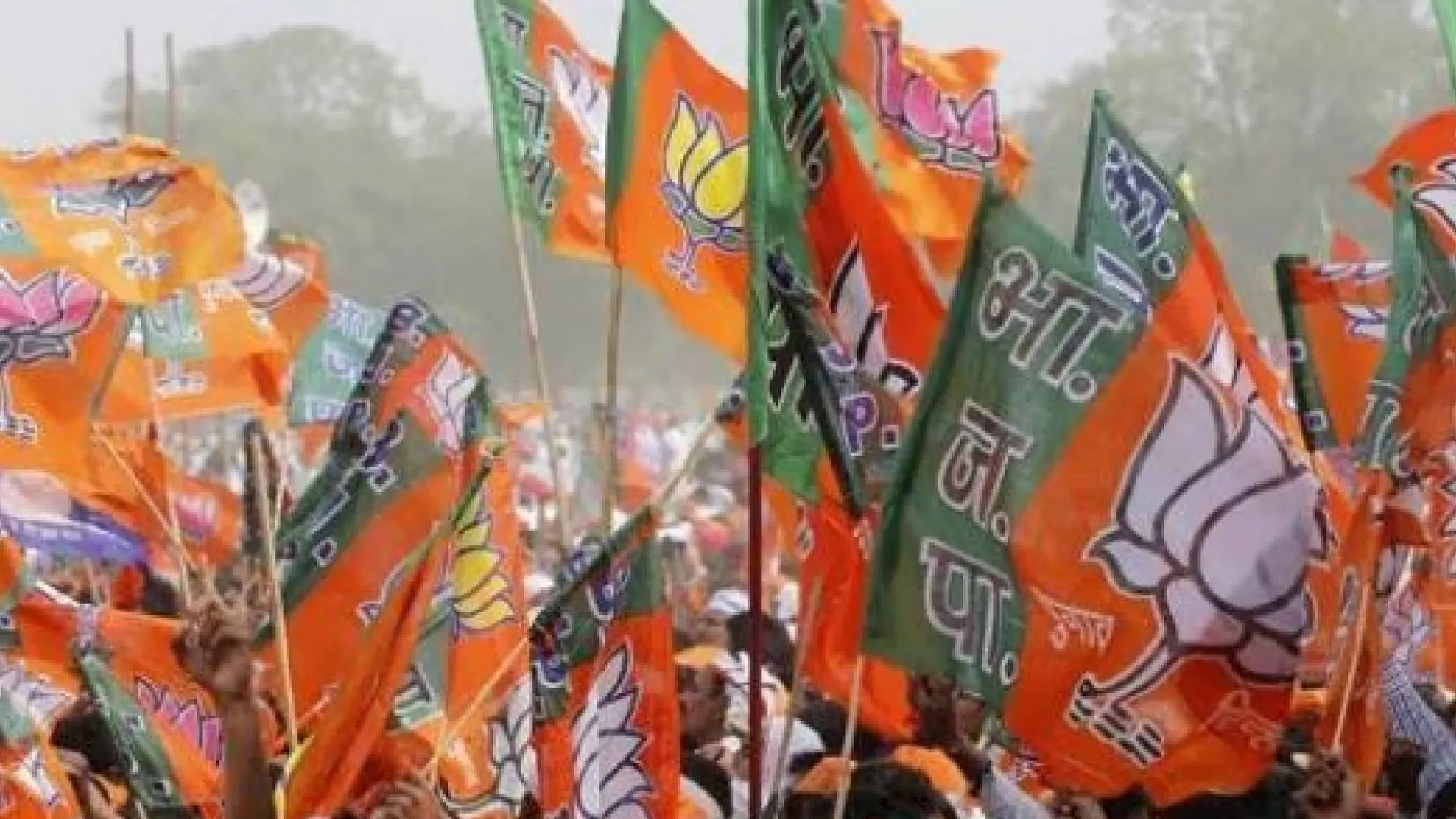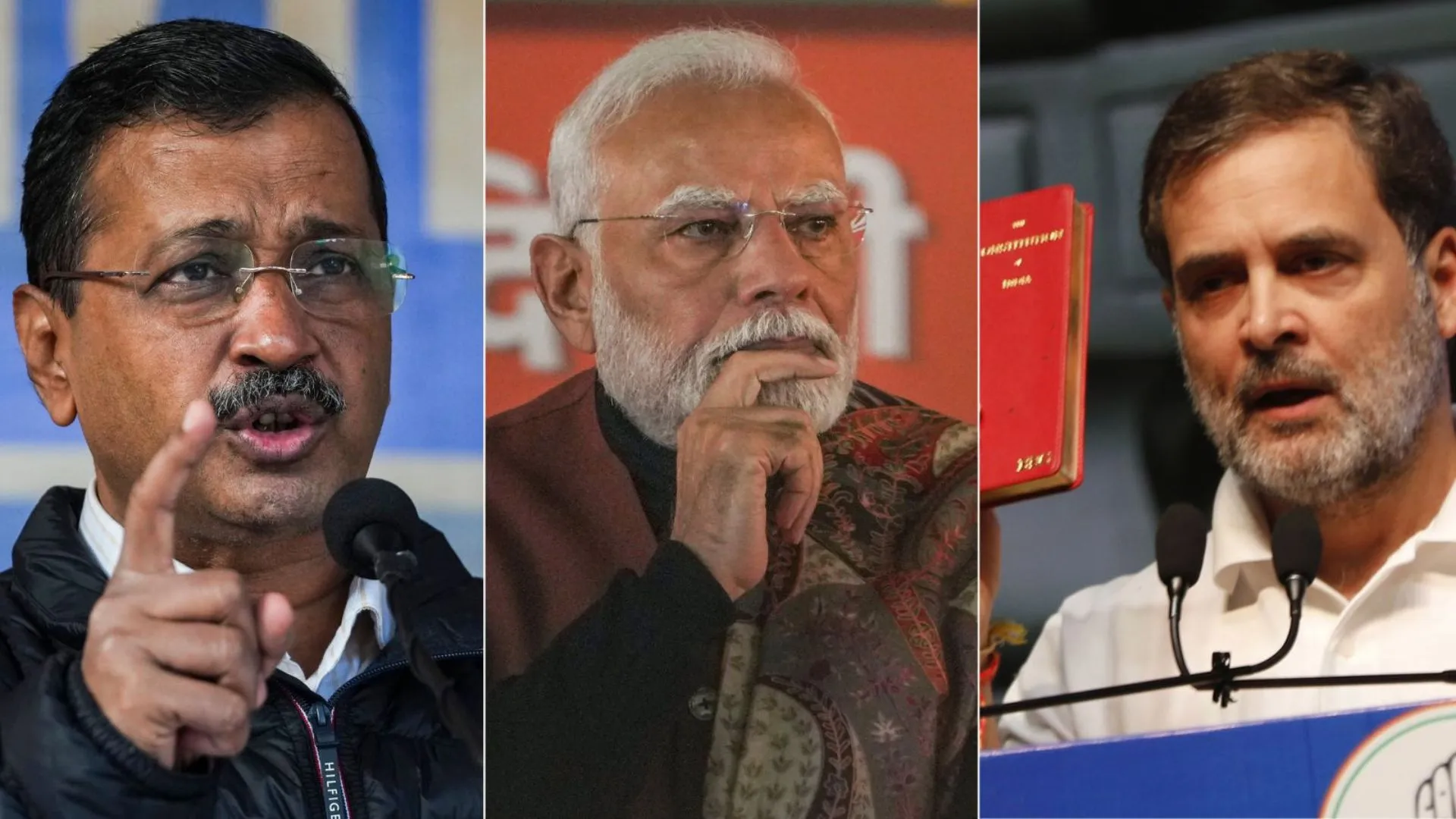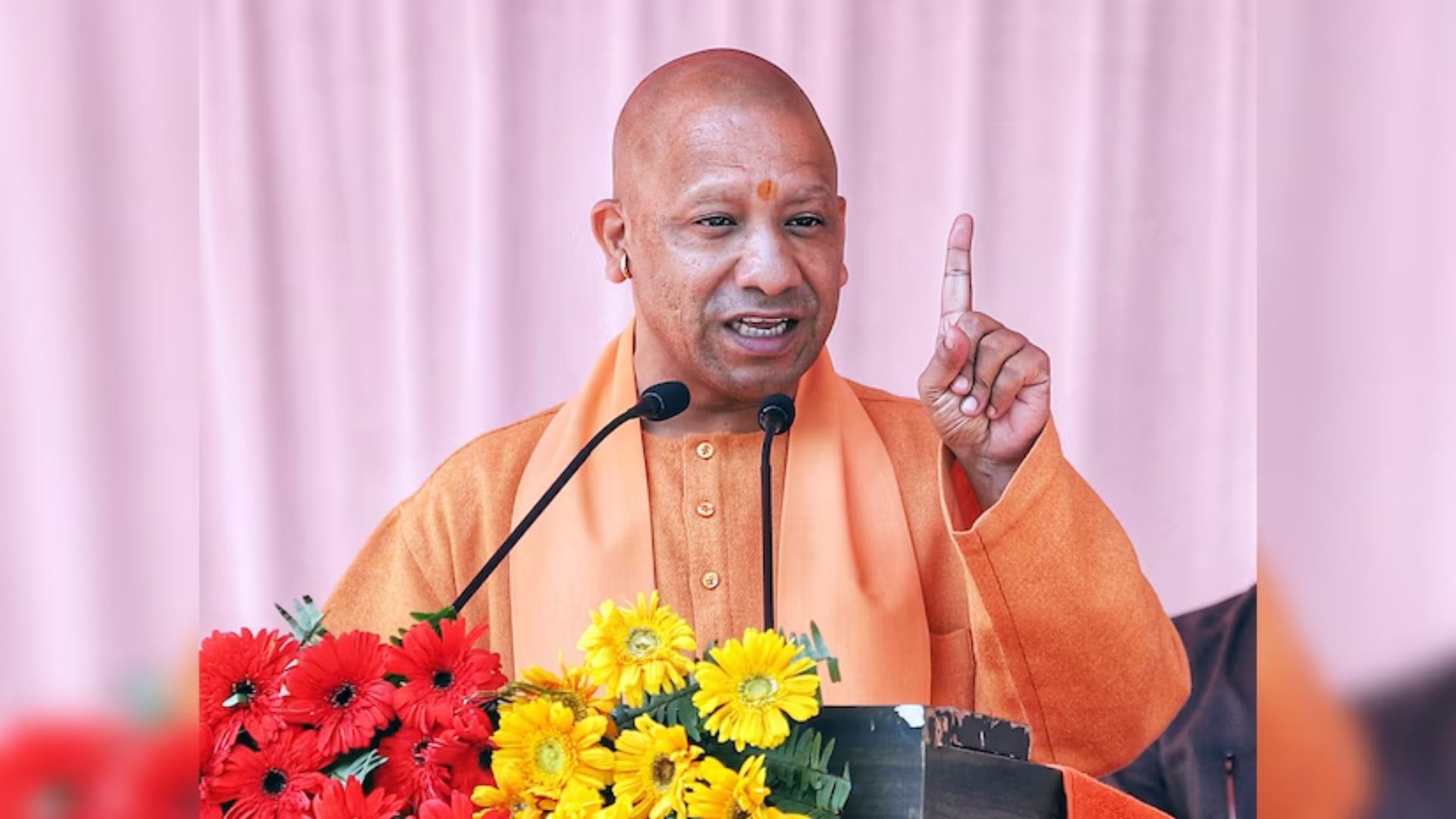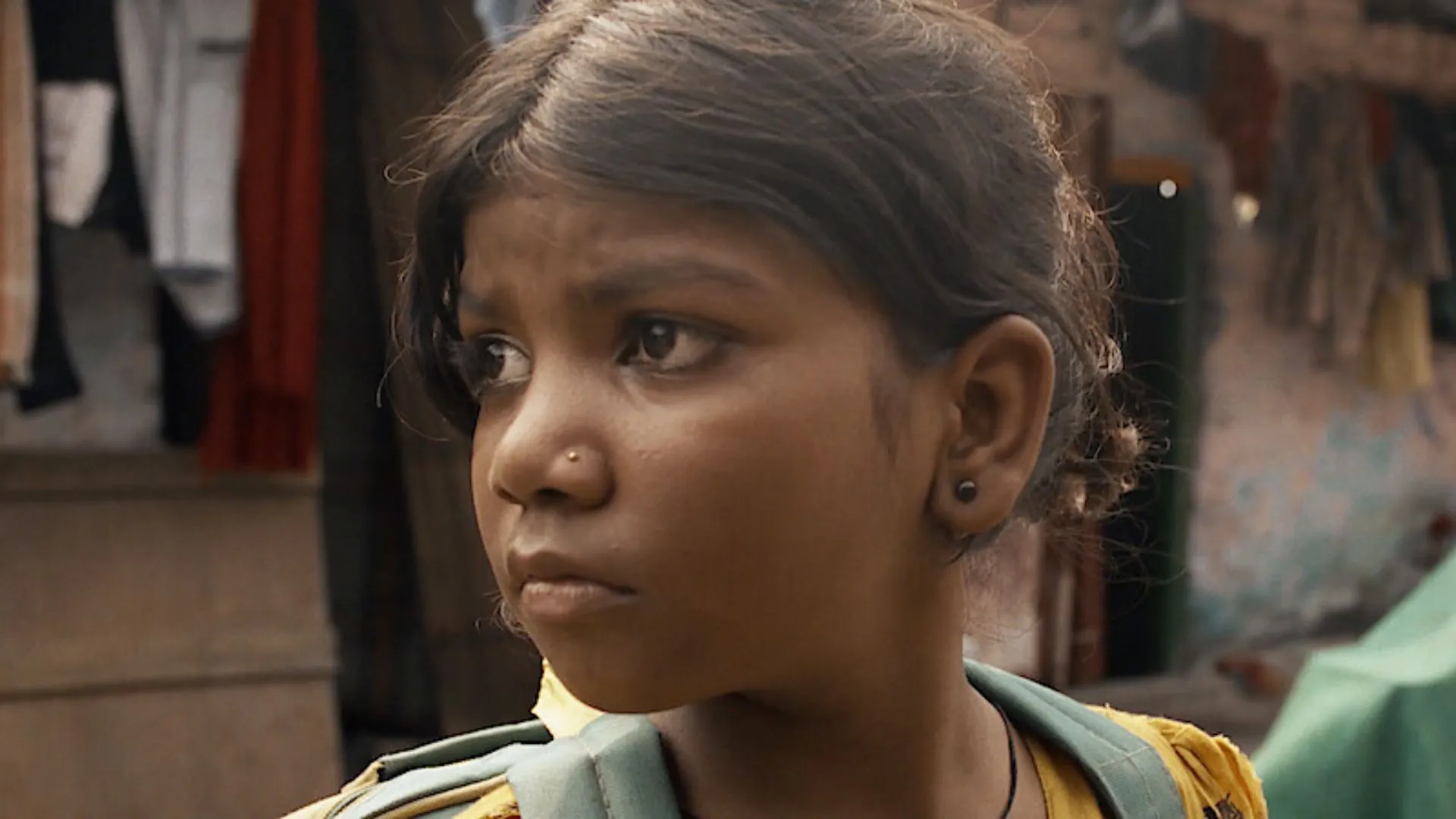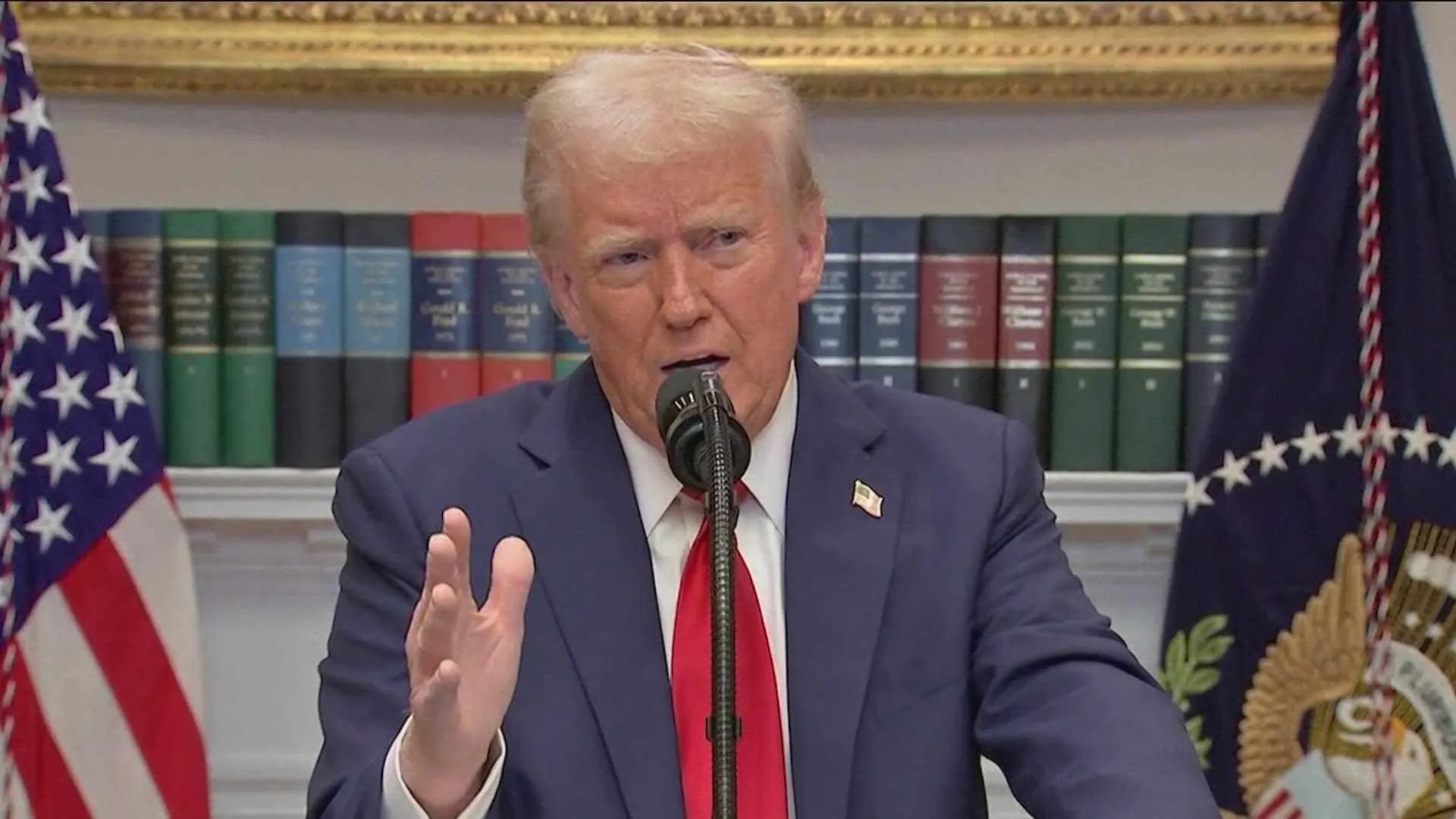Uttar Pradesh Chief Minister Yogi Adityanath launched a scathing attack on Congress National President Mallikarjun Kharge during a public meeting in Achalpur, Amravati, ahead of the upcoming assembly polls. The BJP leader criticized Kharge’s recent remarks and suggested that Kharge direct his anger towards the Hyderabad Nizam’s Razakars instead of targeting him.
Adityanath addressed Kharge’s accusations, stating, “These days, Congress National President Mallikarjun Kharge is unnecessarily angry at me. Kharge ji, don’t get angry at me; I respect your age. If you want to be angry, direct it at the Hyderabad Nizam. The Razakars under the Nizam burnt your village, brutally killed Hindus, and harmed your family members. Present this truth before the country that whenever there is division, it happens in the same brutal manner.”
The Chief Minister’s remarks come in response to Kharge’s indirect jibe at Yogi Adityanath during an election rally, where he implied that certain individuals disguised as ‘sadhus’ (saints) have entered politics.
Kharge’s Indirect Attack on Adityanath
On Sunday, Kharge took aim at Yogi Adityanath, stating, “Many leaders live in the guise of sadhus and have now become politicians. Some have even become chief ministers. They wear ‘gerua’ (saffron) clothes and have no hair on their heads. I say to the BJP: either wear white clothes as politicians do or, if you are a sanyasi (monk), wear ‘gerua’ clothes and stay out of politics. They wear saffron clothes but continue to divide people with statements like ‘batoge toh katogey’ (if divided, you will be cut).”
Kharge accused the BJP of spreading hatred and attempting to divide society through communal rhetoric.
Yogi Adityanath on Congress and the Partition of India
Yogi Adityanath further criticized the Congress party, alleging that its “greed for power” led to the Partition of India in 1947. He remarked, “There are many elections, but some are crucial for the fate of the country. In 1946, an election took place that changed India’s fate for the worse. Congress, in its greed for power, got entangled with a ‘Muslim gang,’ leading to the unfortunate Partition of India.”
Adityanath claimed that the division of the country resulted in the mass killing of Hindus, emphasizing the need for unity among voters.
During his address, Adityanath accused the opposition Maha Vikas Aghadi of transforming Maharashtra into a “base for love jihad and land jihad.” He warned voters in Amravati, “Don’t make the mistake you made in the Lok Sabha elections here. If you are divided again, religious festivals like Lord Ganesh puja will face attacks, and lands will be captured under the pretext of love and land jihad. The safety of women will also be at risk.”
He urged voters not to let division weaken their community, suggesting that unity was essential for preventing the spread of what he described as threats to Hindu safety and culture.
In the 2024 general elections, the Congress won the Amravati constituency, defeating the BJP’s candidate, Navneet Rana, by a margin of around 20,000 votes. The BJP is looking to reclaim the seat in the upcoming polls, with Adityanath’s remarks targeting the voter base that had previously shifted towards the Congress.
The escalating exchange of words between Adityanath and Kharge highlights the intensifying campaign rhetoric as Maharashtra gears up for its assembly elections on November 20. Both leaders have sought to frame the narrative around issues of religious identity, historical grievances, and regional unity in an effort to sway voters ahead of the crucial polls.

